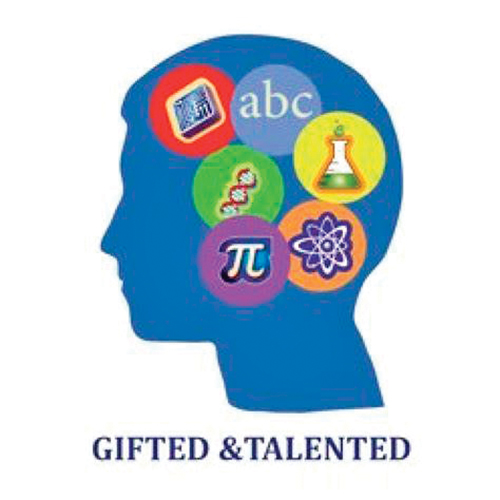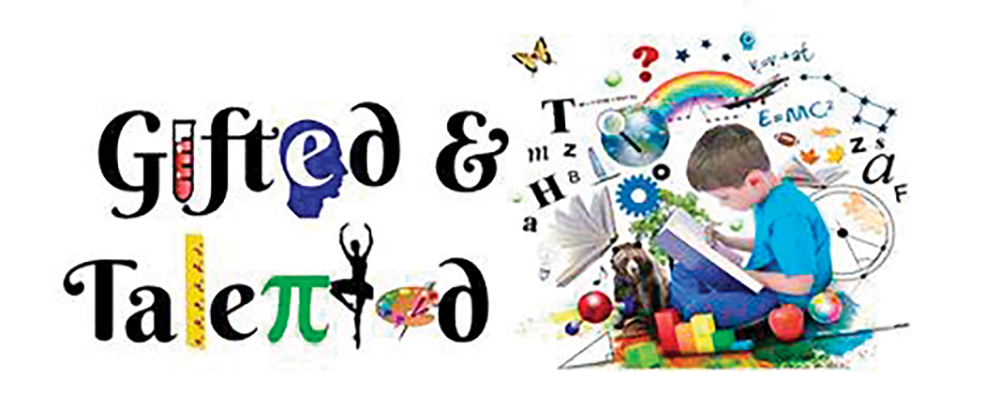
Part I
In 1980 I started lobbying for a program for learning disabled students within a yeshiva. At that time the only option for frum parents was to send their children to a public school. Obviously this posed many problems and was most uncomfortable for the children as well as for their parents. After two years of efforts by advocates—intense lobbying, fundraising, and generally being very annoying—The Learning Disabilities Program of Metropolitan New Jersey was born at The Hebrew Academy of Essex County, later to be known as The Joseph Kushner Hebrew Academy. The program later became known as The Sinai School.
I turn my attention now to the other end of the educational spectrum—the gifted child. Most day schools deal with these children by designing online courses or allowing them to skip a grade or putting them in an advanced class. However, research has shown that just as we need specially trained teachers for the LD student, the same is true for the gifted student.
The current federal definition of gifted students located in the Elementary and Secondary Education Act is: “Students, children, or youth who give evidence of high achievement capability in areas such as intellectual, creative, artistic, or leadership capacity, or in specific academic fields, and who need services and activities not ordinarily provided by the school in order to fully develop those capabilities.”
In most cases, it is a persistent parent who advocates for a gifted student. If the student is lucky he may find a responsive teacher or an innovative school administrator to ensure that he is adequately challenged in the classroom. The truth is we can all have a voice in determining how schools value and nurture students’ gifts and talents. While there is no one perfect program for teaching gifted students, there are many modalities and approaches that can provide a continuum of services for gifted learners at every level.
A “continuum of services” provides administrators, teachers, parents and students with a broad selection of educational opportunities that take into consideration individual student differences and are attentive to classroom and community resources. In most cases, the range of options offered may include pull-out programs, advanced classes, varied grouping strategies, acceleration, differentiation of curriculum and instruction. This range of services can be organized in a variety of ways:
- Accommodations in the regular classroom
- Part-time assignment to both regular and special classes
- Full-time grouping with students of similar abilities
- Acceleration or grade advancement
In any school, high-quality gifted programming requires careful planning, maintenance and evaluation.
Coaching hockey and coaching baseball require different sets of coaching skills even though there would be overlap in general kinesthetic and sports psychology knowledge. Similarly, gifted students need guidance from well-trained, challenging teachers who understand their educational needs. There are specific teacher training requirements for working with gifted students.

Research indicates that teachers who have received training in gifted education are more likely to nurture higher-level thinking, allow for greater student expression, consider individual student strengths and weaknesses, and provide a variety of learning experiences to challenge students. This important expertise that benefits all students is not developed simply as a result of one-hour training sessions. Refining teacher skills requires high-quality professional development, time, materials, and continued support.
Dr. Wallace Greene, an eminent educator and consultant, is the founder of The Sinai Schools.









